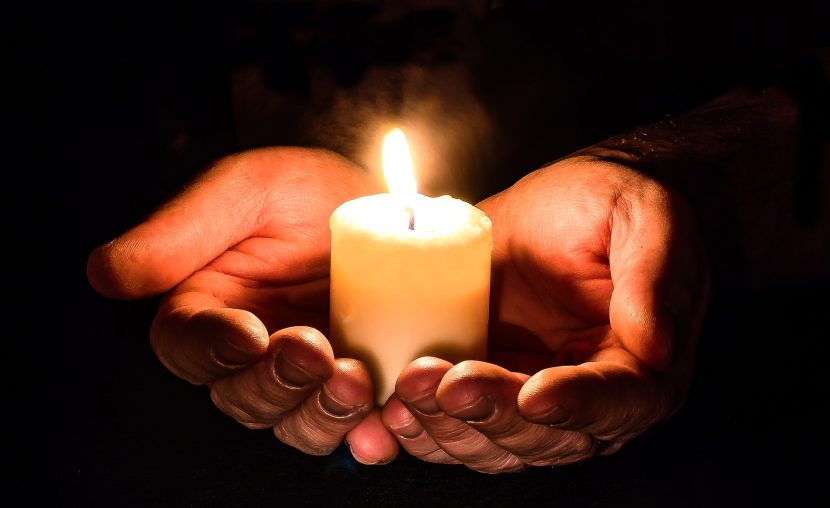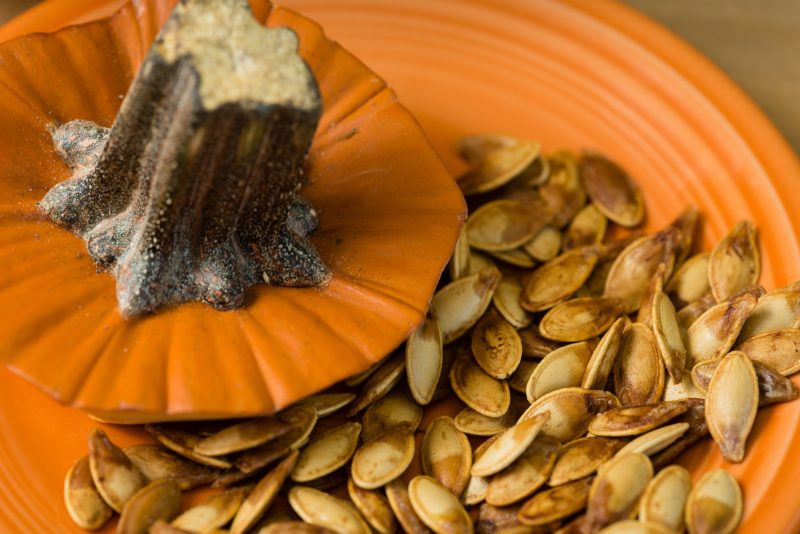They call it the most wonderful time of the year.
For some, it’s not.
It’s estimated that 20% of all Americans worry that holiday anxiety may actually affect their health. This is especially true of women.
There are specific reasons experts believe the holiday season increases stress.
If it affects you, you are not alone and there is hope.
Here are 10 steps you can take to decrease holiday anxiety and choose joy:
10 Steps to Reduce the Holiday Anxiety and Find Joy
1. Name and define your source.
It’s difficult to move past any issue you can’t first identify or name.
Some common cause of holiday anxiety are:
- Extra financial burden
- Grieving a loved one
- Unrealistic expectations
- Stressful family members
- Loneliness
- End-of-year work stress
Take time to prepare this year. Figure out what worries you, and name it.
2. Turn your worries into prayers.
Then, pray about it.
Why?
First, prayer gives control to God and releases it from you.
Second, while it may not change the situation, it will change your own heart toward it.
Third, it helps you focus on truth and the present. When we worry, our minds run amuck with concocted fears that will likely never come to fruition. This physically depletes our minds and our bodies.
Corrie Ten Boom said, “Worry does not empty tomorrow of its sorrow. It empties today of its strength.”
And truthful prayer? It does the opposite.
3. Take negative self-talk captive, and replace it with Truth.
In Second Corinthians Paul admonishes us to take captive every thought that stands against the knowledge of God. Outward and inward.
When you’re stressed, how do you talk to yourself?
Does it bring you toward God, or stand against?
So the house is a mess, you’re behind schedule, and things will go undone. Don’t berate yourself, but take negative thoughts captive.
Then, replace them with truth.
“For as high as the heavens are above the earth, so great is his love for those who fear him….” (Psalm 103).
4. Focus on people rather than stuff.
Unfortunately, the holidays have been hijacked by materialism. If you find joy in giving gifts, that’s great. If anxiety, choose to spend time rather than money.
There’s no shame, and often more joy in this.
In fact, the finances surrounding the first Christmas were dismal. And the gifts?
Few, but heartfelt.
You can choose time together and only a meaningful few gifts.
5. Allow yourself time and space to grieve.
If you’ve lost or are separated from a loved one, grief may simply be necessary.
If buried, it can cause guilt, fear, and anger.
Allow grief to be and give this to God, too.
6. But, don’t go it alone.
Surround yourself with support. If you have loved ones available, reach out to them. If not, find support.
Loneliness is a true epidemic at any time of year, but local churches, small groups, pastors, and clubs can all be great support.
7. Unclutter your schedule.
If the holiday season is rush, rush, rush, choose to say “no” more often. Busy schedules almost always increase holiday anxiety.
The extra activities bring joy to some, and stress to others. If it’s stress for you, choose a simpler peaceful holiday season rather than a busy one.
8. Identify physiological reasons for wintertime depression.
The holiday season coincides with less sunlight, colder weather, and hormonal changes in our bodies.
What can you do?
First, daily, get outside for 20-30 minutes in sunlight. Sunlight improves moods and gives increases Vitamin D production, a vitamin linked to mood and health.
Next, if you live at a latitude north of Atlanta, you likely need supplementation.
In research, just 1000-2000 IU Vitamin D per day can improve blood levels, mood, and health outcomes (2).
9. Practice Gratitude:
As discussed in 9 Habits to Decrease Cortisol, practicing gratitude can decrease cortisol and stress.
In fact, keeping a gratitude journal is great practice for mental health during the Holidays and year round.
10. Define your joy based on realistic expectations and actions.
First, let go of the perfect Christmas images you may have from childhood memories, stories, or films.
Then, set your expectations based on your own life, in the present tense, and on things you can control.
You can’t control others’ actions, but you can yours. Attend a favorite Christmas service, spend time with a specific friend, or take time to be still and embrace God’s love.
Then, choose to define this as a joyful Christmas.
Simple, actionable, and realistic.
Bottom Line
This year, you can have a joyful holiday season even if you struggle with depression, anxiety or stress. Don’t let a busy schedule, materialism, or even dark days steal your joy. Your anxiety can be named, and given to God. Your joy can be based on a God who loves you.




















